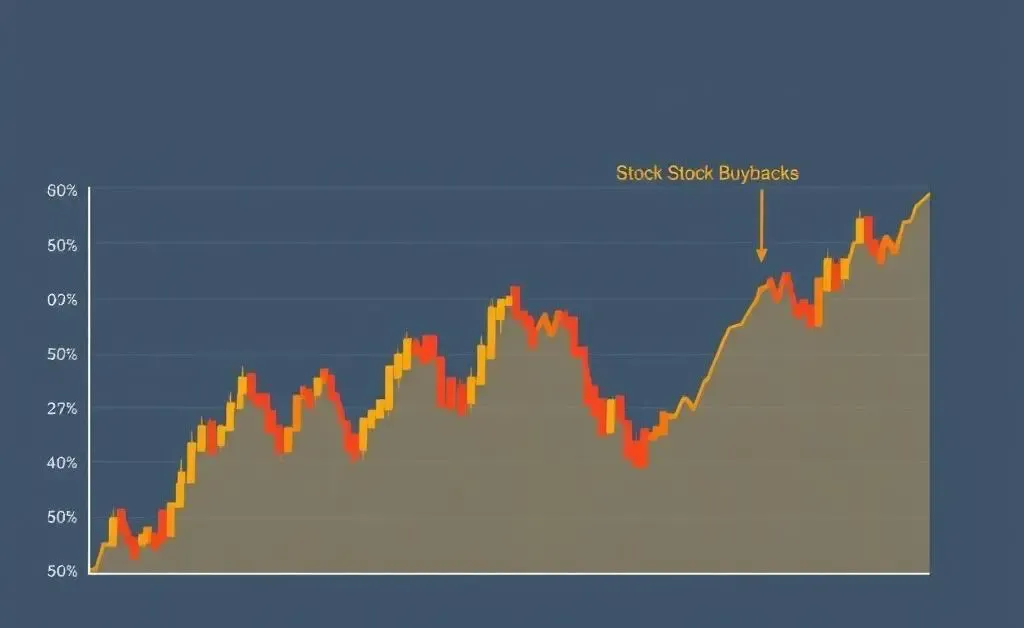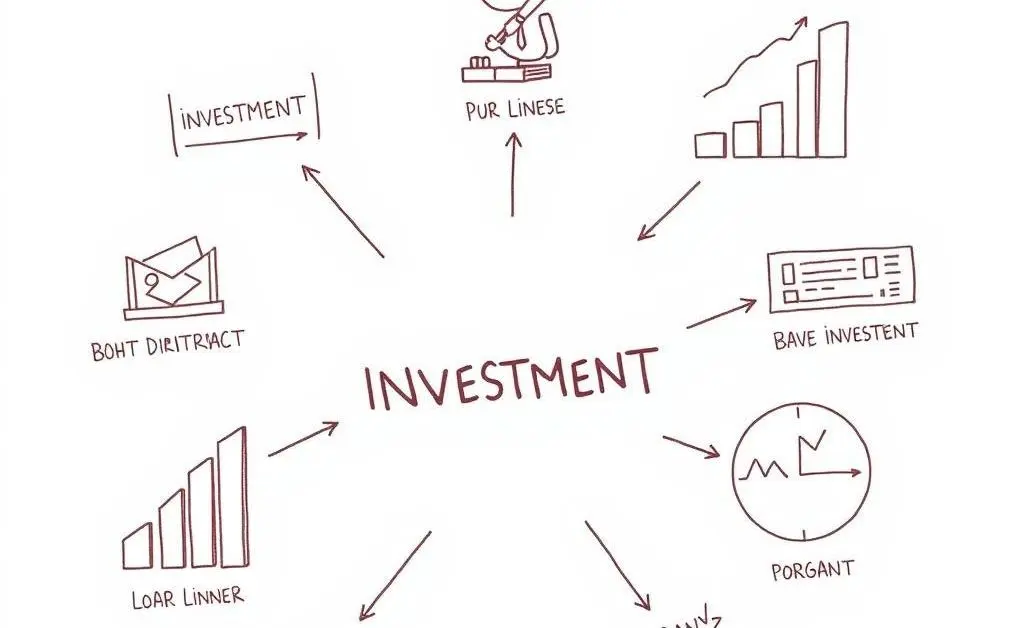Understanding Stock Buybacks: Are They Really Beneficial?
Explore the pros and cons of stock buybacks and their impact on investors.

Hey there, fellow finance enthusiast! Let’s dive into a topic that’s been buzzing around a lot lately: stock buybacks. You might have heard the term thrown around, especially when companies have extra cash and decide to buy their own shares. Sounds intriguing, right? But is it all good news, or is there a catch?
What Exactly Are Stock Buybacks?
In simple terms, a stock buyback occurs when a company buys its own outstanding shares to reduce the number of shares available on the open market. The idea is to boost the value of the remaining shares, acting much like a retail owner buying up their own products to create scarcity.

Why Do Companies Buy Back Their Stock?
Companies might choose to do a buyback for several reasons, some more savory than others. For one, it signals to the market that the company believes its shares are undervalued. It’s also a way for companies to spend surplus cash intelligently, rather than letting it sit idle. And let’s not forget — it often leads to an increase in stock price, potentially making investors happy.
Pros of Stock Buybacks
- Increased Share Value: Reducing the number of shares generally boosts the value of each remaining share.
- Flexibility: Buybacks offer more flexibility compared to dividends and can be adjusted based on the financial health of the company.
- EPS Boost: With fewer shares on the market, earnings per share (EPS) figures can improve, making financial reports look more appealing.
Cons of Stock Buybacks
- Short-term Focus: Critics argue buybacks focus on immediate gains at the potential expense of long-term growth.
- Market Manipulation Risk: Manipulating stock prices might send misleading signals to investors.
- Not Always the Best Use of Capital: There can be better ways to use cash reserves, such as investing in research and development.

What Should You Do as an Investor?
As an investor, evaluating stock buybacks is crucial. Consider whether the buyback is indeed in your best interest or simply a tactic to prop up the stock temporarily. Also, compare alternative investment opportunities that may offer better long-term returns.

Final Thoughts
Stock buybacks can be a powerful tool for enhancing shareholder value, but they aren't without their pitfalls. It’s important to weigh the potential benefits against the possible downsides, and consider what aligns best with your own investment goals.
My question to you is: What other indicators do you look for when assessing a company's health in the stock market?




